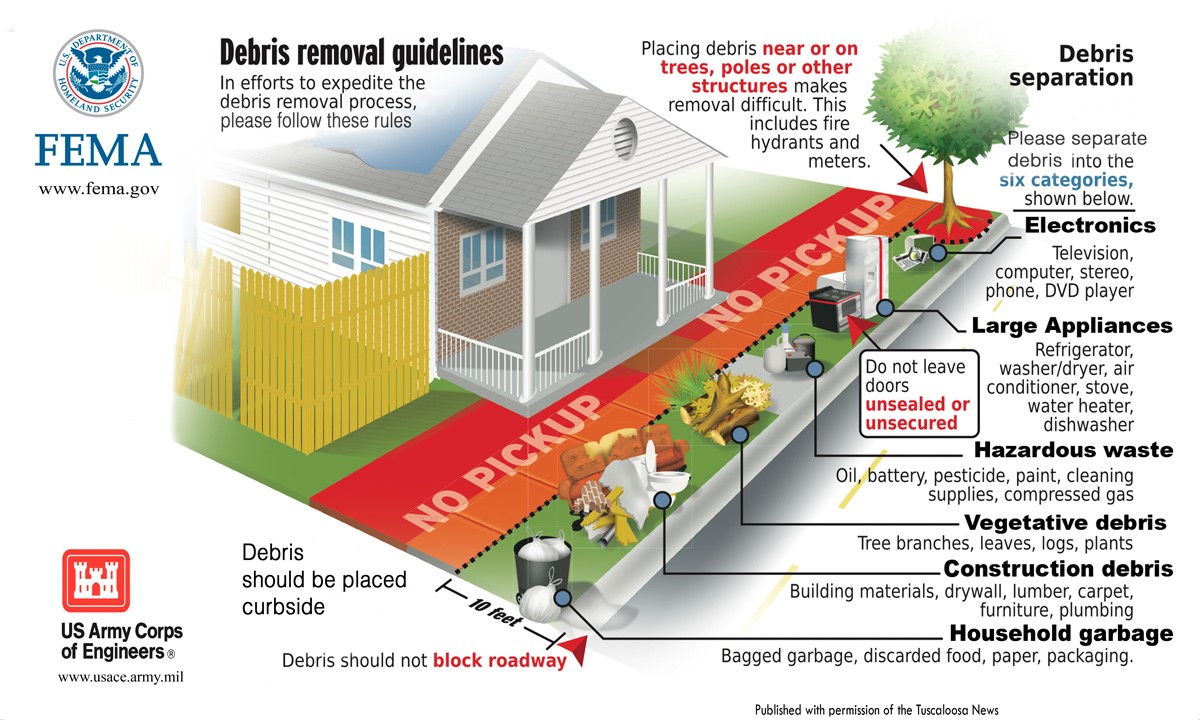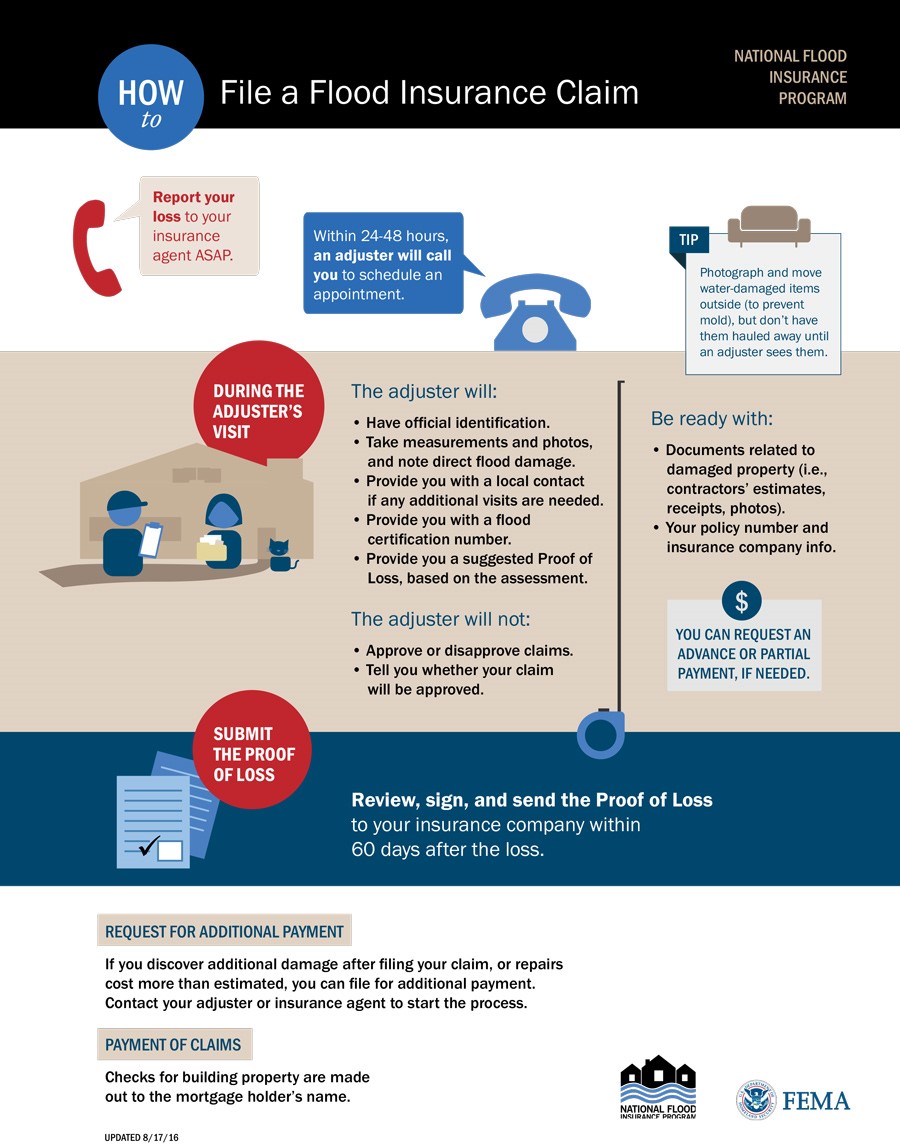Flood Information and Resources
After the Flood
- If your home, apartment or business has suffered damage, call the insurance company or agent who handles your flood insurance policy right away to file a claim.
- Before entering a building, check for structural damage. Don't go in if there is any chance of the building collapsing.
- Upon entering the building, do not use matches, cigarette lighters or any other open flames, since gas may be trapped inside. Instead, use a flashlight to light your way.
- Keep power off until an electrician has inspected your system for safety.
- Flood waters pick up sewage and chemicals from roads, farms and factories. If your home has been flooded, protect your family’s health by cleaning up your house right away. Throw out foods and medicines that may have come into contact with flood water.
- Until local authorities proclaim your water supply to be safe, boil water for drinking and food preparation vigorously for five minutes before using.
- Be careful walking around. After a flood, steps and floors are often slippery with mud and covered with debris, including nails and broken glass.
- Take steps to reduce your risk of future floods. Make sure to follow local building codes and ordinances when rebuilding, and use flood-resistant materials and techniques to protect yourself and your property from future flood damage.
- Apply for FEMA Assistance
- Review Flood Safety Tips from NCDPS

More Information on Recovering after Floods
 One of the most important things that you can do to protect your home and family before a flood is to purchase a flood insurance policy. You can obtain one through your insurance company or agent. Flood insurance is guaranteed through the National Flood Insurance Program (NFIP), administered by the Federal Emergency Management Agency. Your homeowners insurance does not cover flood damage. One of the most important things that you can do to protect your home and family before a flood is to purchase a flood insurance policy. You can obtain one through your insurance company or agent. Flood insurance is guaranteed through the National Flood Insurance Program (NFIP), administered by the Federal Emergency Management Agency. Your homeowners insurance does not cover flood damage.
Don't wait until a flood is coming to purchase your policy. It normally takes 30 days after purchase for a flood insurance policy to go into effect.
For more information about the National Flood Insurance Program (NFIP) and flood insurance, contact your insurance company or agent, or call the NFIP at 1-888-CALL-FLOOD, ext. 445.
Dealing with FEMA Denials
Here are recommendations from FEMA for those who receive a denial letter:
If you disagree with the decision letter you received, you can follow the below guidance to appeal the decision.
Read the letter carefully to find out why the decision was made.
Do you need to provide additional information?
- Insurance determination letter.
- Proof of occupancy or ownership.
- Proof of ID.
- Applicant’s signature.
Common reasons for the initial decision:
- The damage was to a secondary home or a rental property, not a primary residence.
- Someone else in the household applied and received assistance.
- Disaster-related losses could not be verified.
- Insurance covered all losses.
Contact FEMA for help with filing an appeal or any questions.
Call
- 800-621-3362 (711 or Video Relay Service available)
- 800-462-7585 (TTY)
File a written appeal.
- Explain why you think the decision was not correct.
- Provide supporting information and documents.
- Include your FEMA registration number on all documents.
- Sign the letter.
Mail or fax your appeal within 60 days of the decision letter date, or drop it off at one of the Disaster Recovery Centers. |


